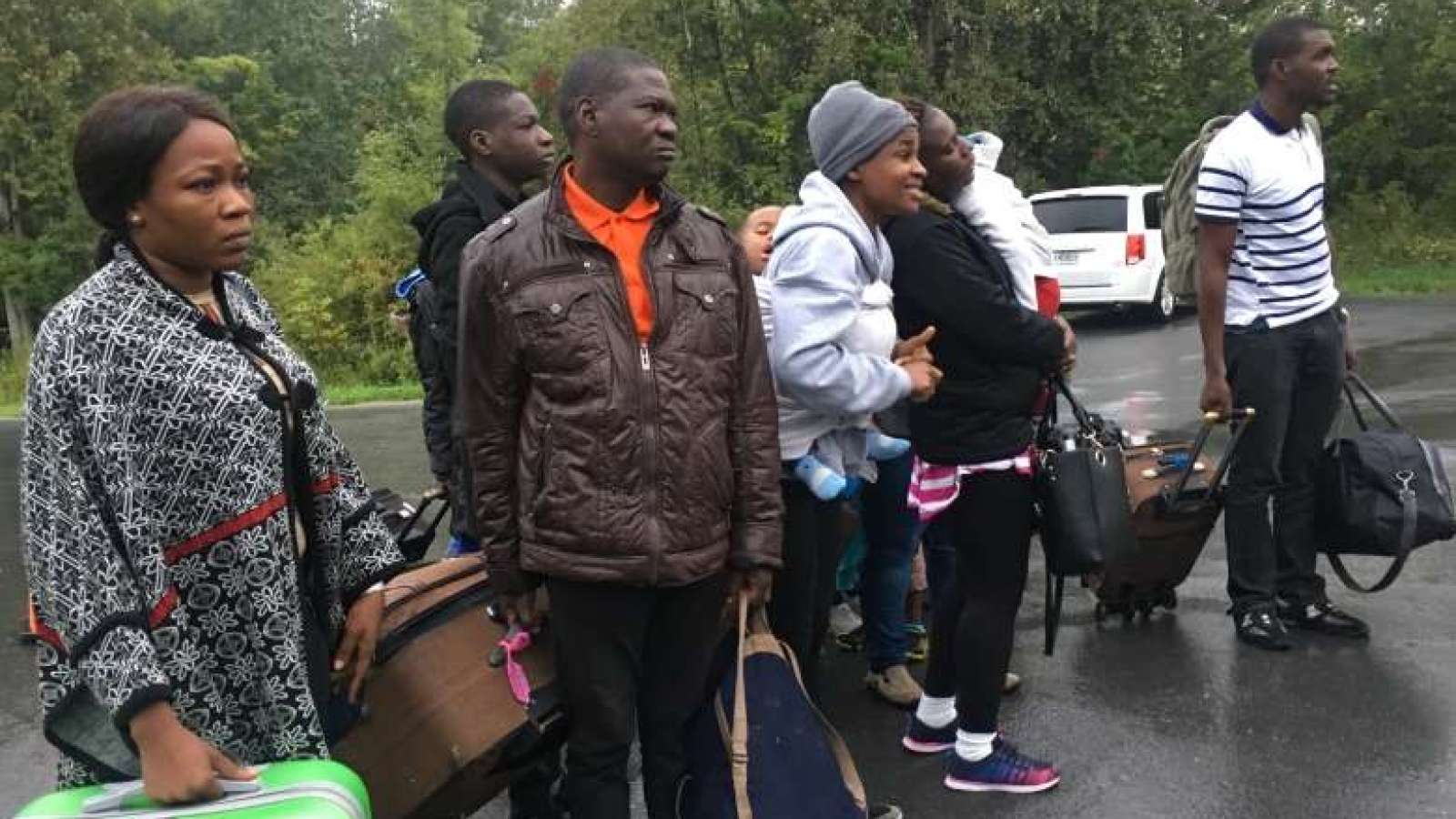As the population of people seeking to flee economic hardship in Nigeria increases, a report from the Immigration, Refugees and Citizenship Canada has stated that Nigeria is second to Haiti in the number of its nationals who sought assylum in Canada in 2017.
President Buhari Not Legally Fit to Be Petroleum Minister – Court
According to CNN which reviewed the report on live Television on Friday, about 6,005 Nigerians sought asylum in Canada a huge increase from 1,495 in 2016.
The figure came second to that of Haiti with 7, 785 applicants in 2017, a huge increase from 620 in 2016, while United States citizens were third with 2, 550 applicant in 2017 and 395 in 2016.
The report further revealed that a lot more Nigerians had crossed illegally into the country through Canada’s southern border with the United States.
Another global media outlet, BBC had reported back in May the rising concerns of the Canadian government about these illegal crossings and stepped up measures with the US counterparts to tackle the problem.
The report indicated that in 2017 alone, more than 20,500 migrants crossed illegally into Canada at the US border to seek asylum, which represented about 40 per cent of total claims.
“In the first three months of this year, over half the 5,052 asylum claims by those who crossed the border were Nigerian nationals and most had valid US visas,” the report revealed.
Canadian officials who expressed concern over the growing number of Nigerian migrants in the country said while Canada remains an open, welcoming country, “crossing into it is not “a ticket for permanent residence.”
“Coming to Canada, asking for asylum in Canada is not a guarantee for permanent residence in Canada,” said Louis Dumas, a spokesperson for the immigration ministry.
The Royal Canadian Mounted Police said further that minors sometimes accompany adults to the country.
As parts of measures taken to curb the influx of assylum seekers, a landmark ruling by Canada’s Immigration and Refugee Board in May rejected the assylum claims of a Nigerian woman who allegedly fled to Canada to escape the practice of female genital mutilation.
Canadian immigration had noted that she could have sought refuge in cities like Ibadan or Port-Harcourt rather than come to Canada.

